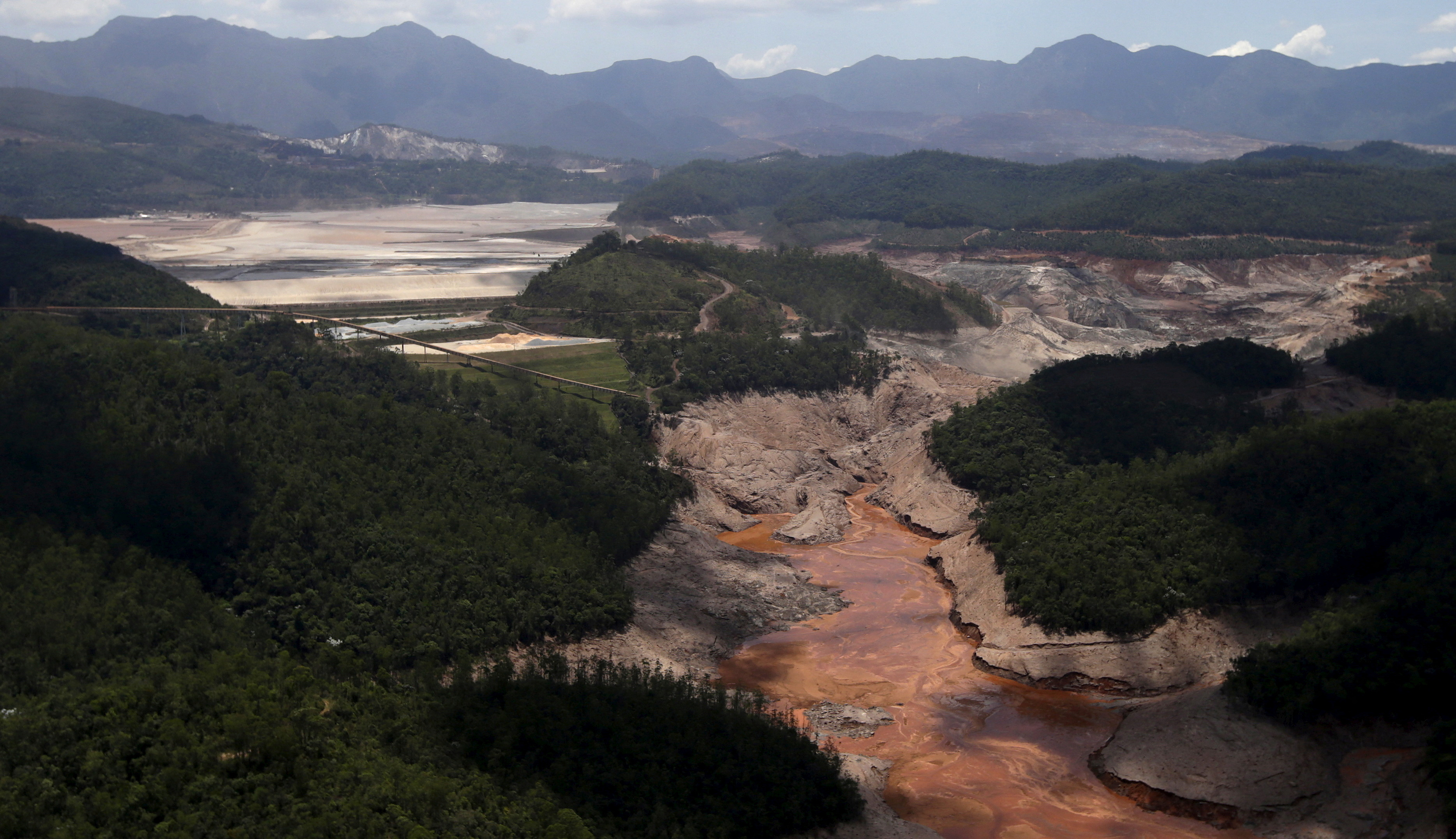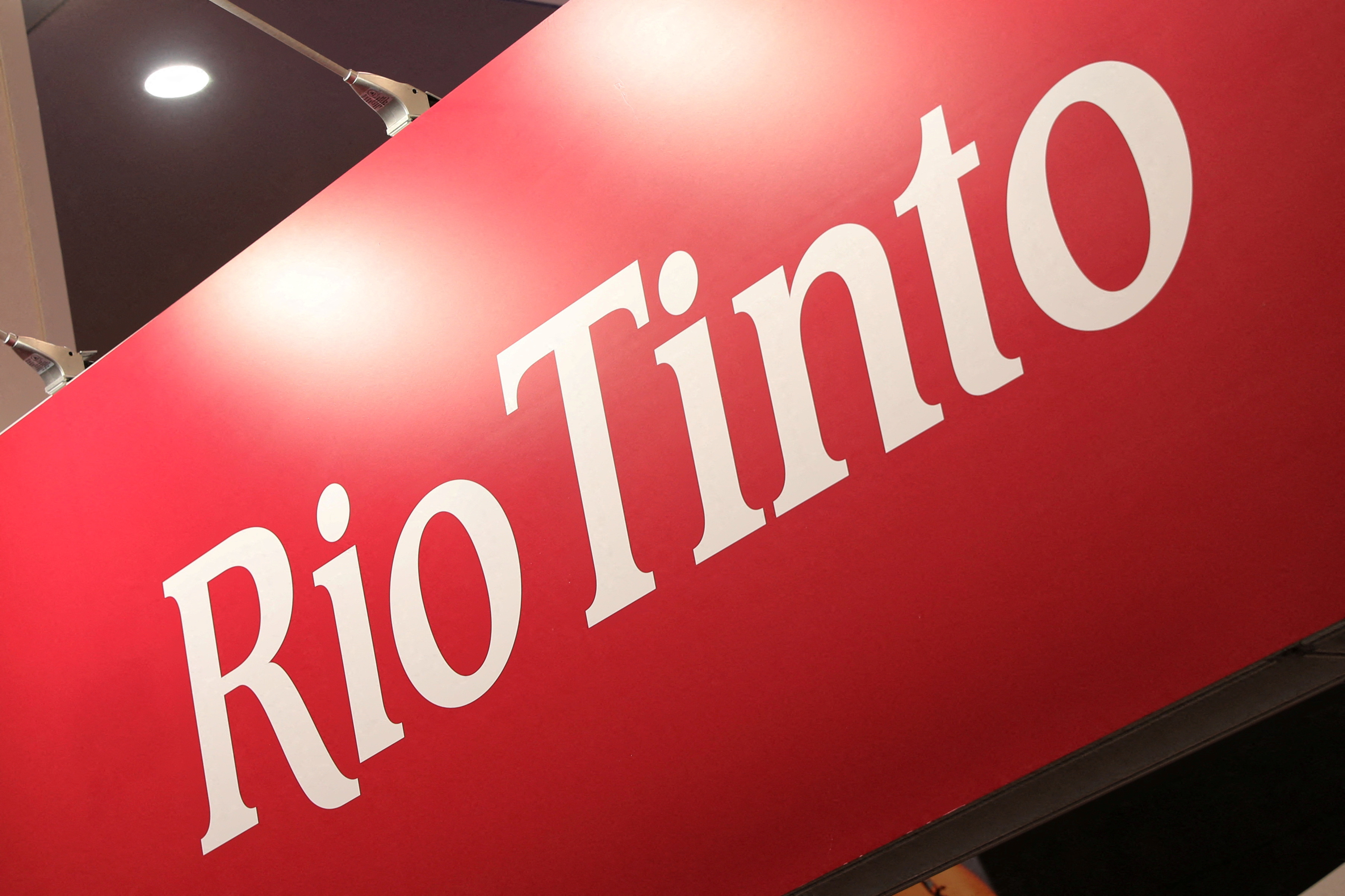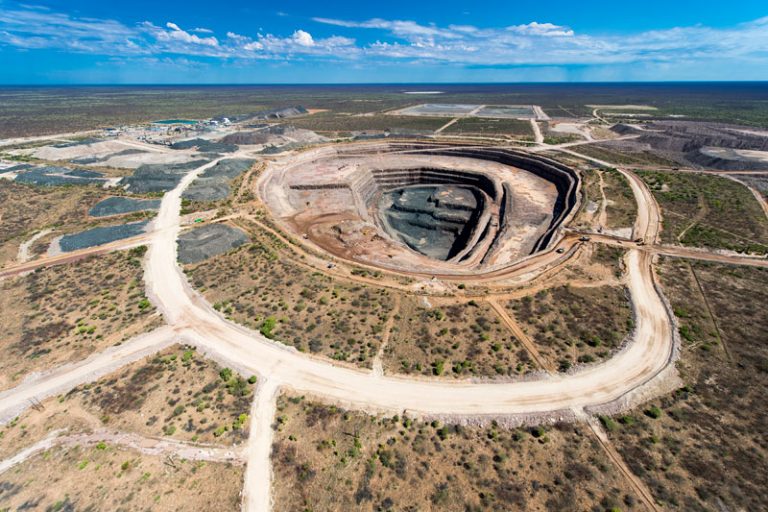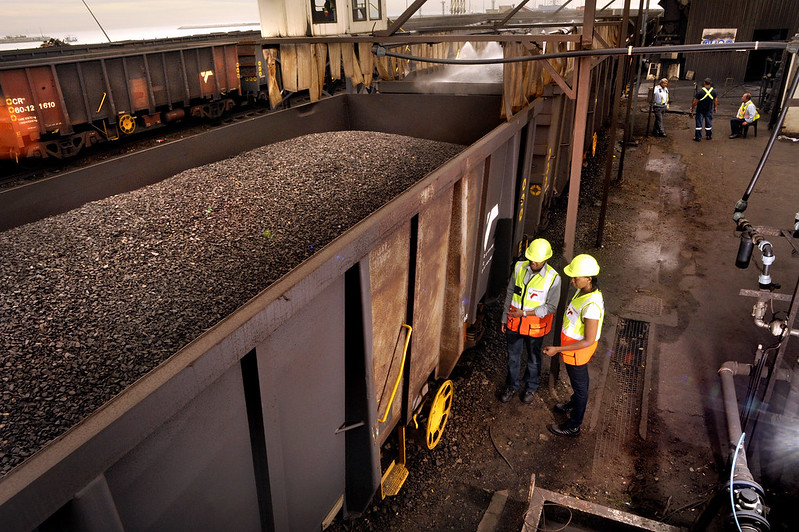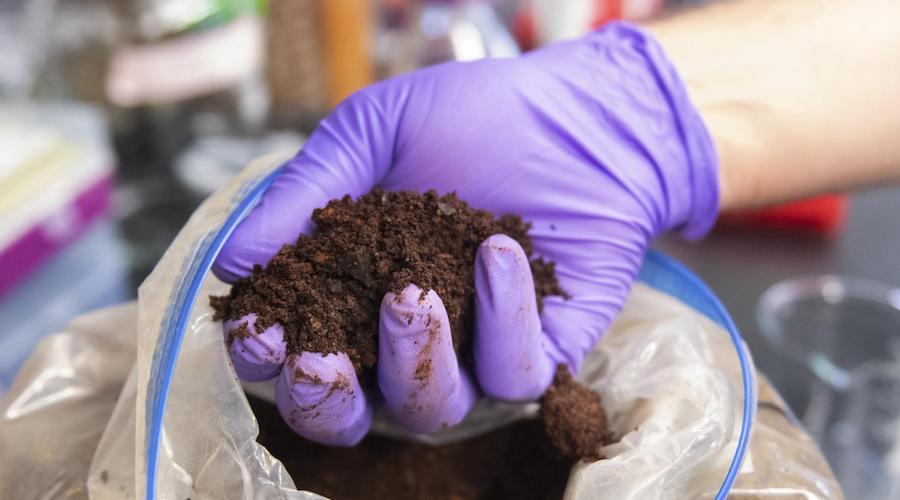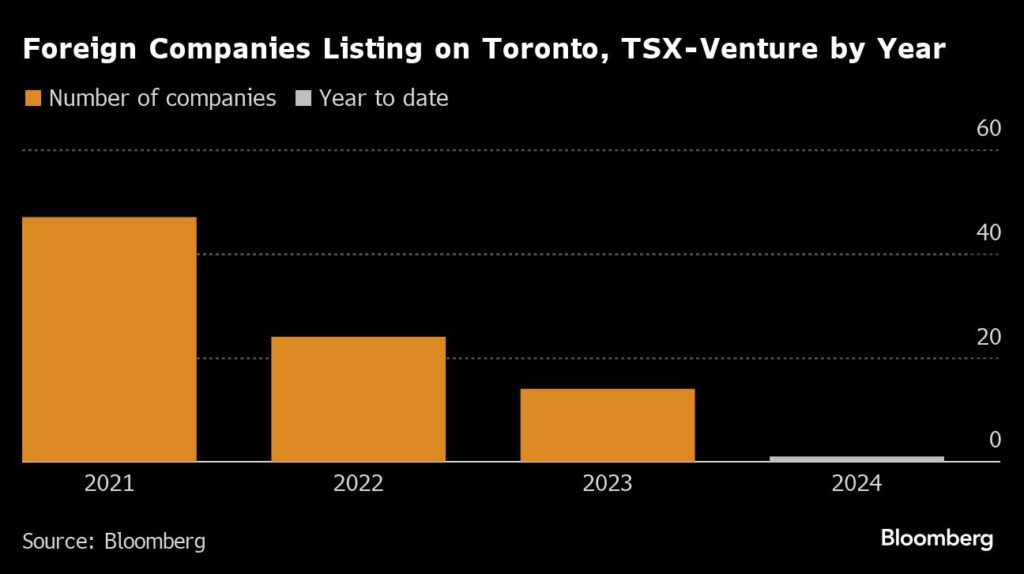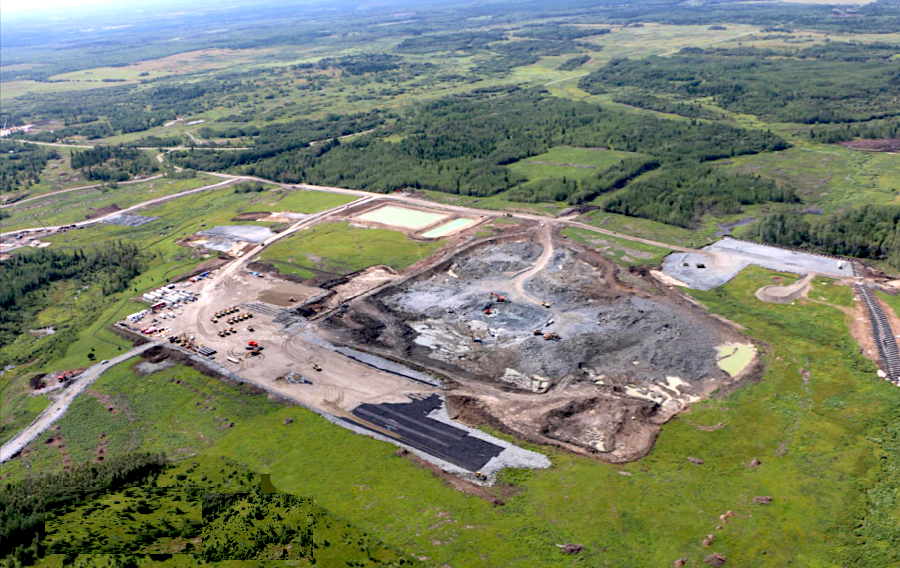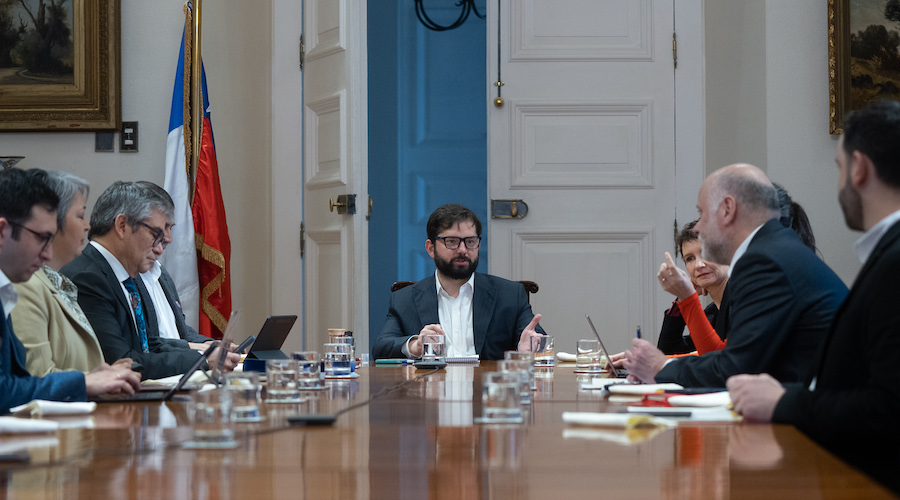Vancouver, British Columbia--(Newsfile Corp. - July 24, 2024) - Fremont Gold Ltd. (TSXV: FRE) (FSE: FR20) (OTCQB: FRERF) ("Fremont" or the "Company") is pleased to announce the closing of its previously announced and over-subscribed, non-brokered private placement (the "Private Placement") consisting of a total of 20,150,000 units (the "Units") at a price of $0.10 per unit for gross proceeds of $2,015,000.
Each Unit consists of one common share and one-half of one common share purchase warrant. Each whole warrant entitles the holder to purchase an additional common share at a price of $0.17 per share for a period of 18 months following closing of the Private Placement.
Teck Resources Limited ("Teck") has acquired 4,000,000 Units as part of the Private Placement resulting in a 6.89% ownership of the Company. The Units acquired by Teck include 2,000,000 warrants, which if exercised would increase Teck's ownership to a maximum of 9.99% on a partially diluted basis if other Fremont dilutive securities remained unexercised at the time.
The Company intends to use the net proceeds of the Private Placement for ongoing exploration work at the Company's Vardenis and Urasar projects located in central and northern Armenia, respectively, and general working capital purposes. Specifically, the Company expects to undertake a minimum 22 line km IP survey at the Vardenis project and a maiden drill campaign at the Urasar project, among other exploration activities this field season.
Dennis Moore, Fremont's President and CEO, comments, "We are very pleased to welcome Teck as an investor, and believe their participation is an important endorsement of our two Armenian properties, our management team, and the opportunities that lie ahead. We embrace Teck as a significant shareholder going forward on our road to discovery in this incredibly endowed and welcoming jurisdiction."
Mr. Moore continues, "We are also delighted that there has been considerable demand and genuine interest in the Company's recent offering. This is also a validation of our team's hard work, persistence and a recognition of the underlying value of Fremont shares."
The securities issued pursuant to the Private Placement will not be registered under the U.S. Securities Act of 1933, as amended, or any state securities laws, and may not be offered or sold in the United States absent registration or an exemption from the registration requirements.
All securities issued in connection with the Private Placement are subject to a statutory hold period expiring on November 24, 2024 in accordance with applicable securities legislation and the policies of the TSX Venture Exchange ("TSXV").
The TSXV's final acceptance of the Private Placement is conditional upon the Company satisfying the filing requirements as outlined in TSXV Policy 4.1, 'Private Placements'. The Company paid a total of $32,250 in finders' fees in connection with the Private Placement, as permitted by applicable securities laws and the rules of the TSXV. The finders' fees comprise a cash commission equal to 6% of proceeds raised by the following entities and individual: Haywood Securities Inc., Ventum Financial Corp., Research Capital Corporation and Joel Sutherland.
Pursuant to Multilateral Instrument 61-101 Protection of Minority Security Holders in Special Transactions ("MI 61-101") the Company advises that certain directors and officers of the Company participated in the Private Placement. The Company will be relying on the exemptions from the formal valuation requirements contained in section 5.5(b) of MI 61-101 and the minority shareholder approval requirements contained in section 5.7(1) (a) of MI 61-101, as the Company is not listed on specified markets and the fair market value of the insider participation in the Private Placement does not exceed 25% of the Company's market capitalization, as determined in accordance with MI 61-101.
Early Warning Report
Dennis Moore of Lisbon, Portugal, acquired 500,000 Units pursuant to the Private Placement. Mr. Moore acquired the 500,000 Units at a price of $0.10 per Unit for the total purchase price of $50,000 pursuant to the Private Placement. Immediately prior to completion of the Private Placement, Mr. Moore owned and/or had control over an aggregate of 5,958,268 common shares, representing approximately 15.71% of the issued and outstanding common shares of the Company on an undiluted basis. Following completion of the Private Placement, Mr. Moore now owns and/or has control over an aggregate of 6,458,268 common shares, representing approximately 11.12% of the issued and outstanding common shares of the Company on an undiluted basis, resulting in a decrease of approximately 4.59% of the Company's issued and outstanding common shares.
In addition, Mr. Moore also owns and/or has control over 1,450,000 common share purchase warrants and 815,000 stock options. If Mr. Moore exercises all of his warrants and stock options, he would then own and/or have control over, 8,723,268 common shares, representing approximately 14.66% of the issued and outstanding common shares of the Company on a partially diluted basis, assuming that no further common shares of the Company have been issued.
Mr. Moore acquired the securities for investment purposes. Mr. Moore may, depending on market and other conditions, increase or decrease his beneficial ownership of the Company's securities, whether in the open market, by privately negotiated agreements or otherwise, subject to a number of factors, including general market conditions and other available investment and business opportunities.
The disclosure respecting Mr. Moore's shareholdings of the Company contained in this press release is made pursuant to Multilateral Instrument 62-104 - Take-Over Bids and Issuer Bids and a report respecting the above acquisition will be filed with the applicable securities commissions using the System for Electronic Document Analysis and Retrieval + (SEDAR+) and will be available for viewing at www.sedarplus.com.
About Fremont Gold
Fremont's mine-finding management team has assembled a portfolio of high-quality copper-gold projects within the central Tethyan Belt of Armenia with the intention of making tier one size discoveries. These projects include the Vardenis copper-gold property located in central Armenia and the Urasar District gold project in northern Armenia. Other opportunities in the belt are being evaluated.
On behalf of the Board of Directors,
Dennis Moore
President and CEO, interim Chairman
Neither the TSX Venture Exchange nor its Regulation Services Provider (as that term is defined in the policies of the TSX Venture Exchange) accepts responsibility for the adequacy or accuracy of this release.
Forward-Looking Statements
This news release contains forward-looking statements. All statements other than statements of historical fact included in this news release, including, without limitation, statements regarding the use of proceeds from the Private Placement, the drill program on the Vardenis project and work on the Urasar project, are forward-looking statements that involve risks and uncertainties. There can be no assurance that such statements will prove to be accurate and actual results and future events could differ materially from those anticipated in such statements including in respect of planned exploration activity at each of Vardenis and Urasar. Important factors that could cause actual results to differ materially from the Company's expectations including the risks detailed from time to time in the filings made by the Company. The reader is cautioned not to place undue reliance on any forward-looking information. Forward-looking statements contained in this news release are expressly qualified by this cautionary statement. The forward-looking statements contained in this news release are made as of the date of this news release and the Company will publicly update or revise any of the included forward-looking statements only as expressly required by Canadian securities law.
